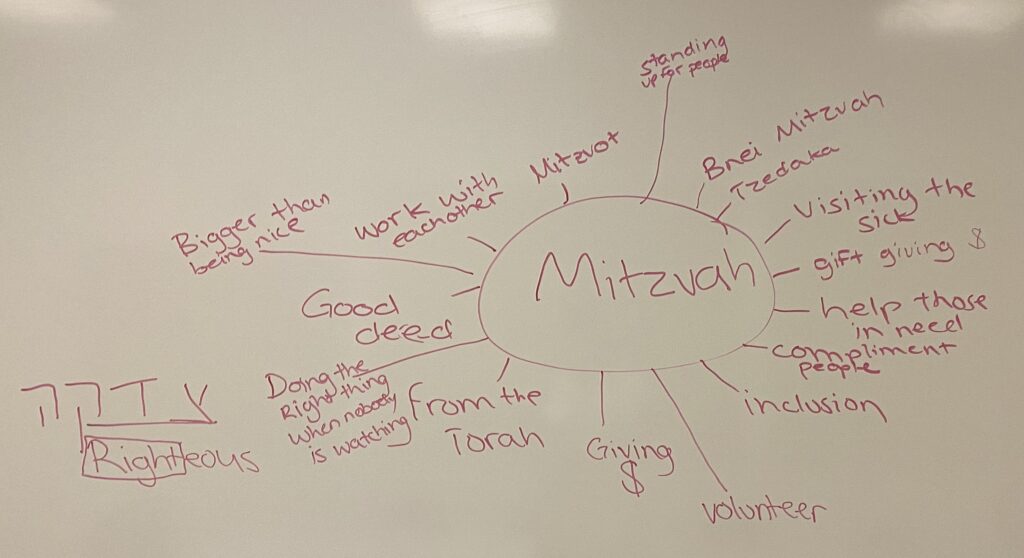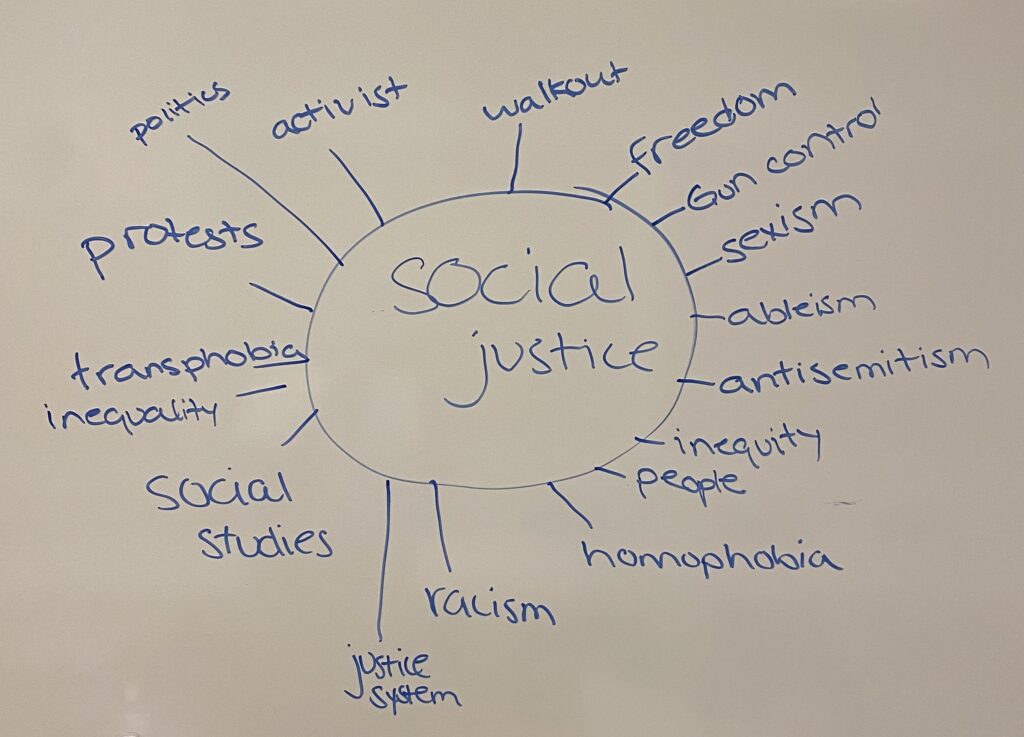Join
us for holidays when you can, and in the event you cannot, here are
some resources for you to celebrate the holiday at home or wherever you
are.
SHABBAT – When most people think of holidays, they think of annual celebrations, but in Judaism there is one holiday that occurs every week – the Sabbath. Known in Hebrew as Shabbat and in Yiddish as Shabbos, this holiday is central to Jewish Life. As the great Jewish writer Adad Ha-Am has observed: “More than the Jewish people has kept the Sabbath, the Sabbath has kept the Jewish people.” The Sabbath truly has been a unifying force for Jews the world over. Click here for more.
ROSH HASHANAH – (literally, “Head of the Year”) is the Jewish New Year, which marks the beginning of a 10-day period of prayer, self-examination and repentance. This period, known as the Yamim Noraim (Days of Awe or High Holy Days), is widely observed by Jews throughout the world, many with prayer and reflection in a synagogue. There also are several holiday rituals observed at home. Click here to learn more about Rosh Hashanah.
YOM KIPPUR – Yom Kippur means “Day of Atonement” and refers to the annual Jewish observance of fasting, prayer and repentance. Part of the High Holidays, which also includes Rosh HaShanah, Yom Kippur is considered the holiest day on the Jewish calendar. Click here to learn more about Yom Kippur.
SUKKOT – a Hebrew word meaning “booths” or “huts,” refers to the Jewish festival of giving thanks for the fall harvest. It also commemorates the 40 years of Jewish wandering in the desert after the giving of the Torah atop Mt. Sinai. Sukkot is celebrated five days after Yom Kippur on the 15th of the month of Tishrei, and is marked by several distinct traditions. One, which takes the commandment to dwell in booths literally, is to erect a sukkah, a small, temporary booth or hut. Sukkot (in this case, the plural of sukkah) are commonly used during the seven-day festival for eating, entertaining and even for sleeping. Click here to learn more about Sukkot.
SIMCHAT TORAH AND SH’MINI ATZERET – Immediately following Sukkot, we celebrate Sh’mini Atzeret and Simchat Torah, a fun-filled day during which we celebrate the completion of the annual reading of the Torah and affirm Torah as one of the pillars on which we build our lives. As part of the celebration, the Torah scrolls are taken from the ark and carried or danced around the synagogue seven times. During the Torah service, the concluding section of the fifth book of the Torah, D’Varim (Deuteronomy), is read, and immediately following, the opening section of Genesis, or B’reishit as it is called in Hebrew, is read. This practice represents the cyclical nature of the relationship between the Jewish people and the reading of the Torah. Click here to learn more.
CHANUKAH – Meaning “dedication” in Hebrew, refers to the joyous eight-day celebration during which Jews commemorate the victory of the Maccabees over the armies of Syria in 165 B.C.E. and the subsequent liberation and “rededication” of the Temple in Jerusalem. The modern home celebration of Chanukah centers around the lighting of the chanukiyah, a special menorah for Chanukah; foods prepared in oil including latkes (potato pancakes) and sufganiyot (jelly doughnuts); and special songs and games. Click here to learn more.
TU BISHVAT – The “New Year of the Trees,” is observed on the fifteenth day of the Hebrew month of Sh’vat, Tuesday and Wednesday, February 6 and 7, 2015. Even the trees get a new year of their own!
Click here to learn more about Tu B’Shvat: Customs and Rituals.
PURIM – Is celebrated with a public reading — usually in the synagogue — of the Book of Esther (Megillat Esther), which tells the story of the holiday. Under the rule of King Ahashverosh, Haman, the king’s prime minister, plots to exterminate all of the Jews of Persia. His plan is foiled by Queen Esther and her cousin Mordechai, who ultimately save the Jews of Persia from destruction. The reading of the megillah typically is a rowdy affair, punctuated by booing and noise-making when Haman’s name is read aloud. Click here to learn more about Purim.
YOM HASHOAH – Also known as Holocaust Remembrance Day, occurs on the 27th of Nisan. Shoah, which means catastrophe or utter destruction in Hebrew, refers to the atrocities that were committed against the Jewish people during World War II. This is a memorial day for those who died in the Shoah. The Shoah is also known as the Holocaust, from a Greek word meaning “sacrifice by fire.” Click here to learn more about Yom Hashoah.
PESACH – Also known as Passover in English, is a major Jewish spring festival, commemorating the Exodus from Egypt over 3,000 years ago. The ritual observance of this holiday centers around a special home service called the seder (meaning “order”) and a festive meal; the prohibition of chametz (leaven); and the eating of matzah (an unleavened bread). On the fifteenth day of Nisan in the Hebrew calendar, Jews gather with family and friends in the evening to read from a book called the hagaddah, meaning “telling,” which contains the order of prayers, rituals, readings and songs for the Passover seder. Today, the holiday is a celebration of freedom and family. Click here to learn more about Pesach.
- For information about our Virtual Seder, which is free and open to all, click here.
YOM HASHOAH – also known as Holocaust Remembrance Day, occurs on the 27th of Nisan. Shoah, which means catastrophe or utter destruction in Hebrew, refers to the atrocities that were committed against the Jewish people during World War II. This is a memorial day for those who died in theShoah. The Shoah is also known as the Holocaust, from a Greek word meaning “sacrifice by fire.” Click here to learn more about Yom HaShoah.
YOM HAZIKARON and YOM HAATZMAUT – Israeli Memorial Day and Independence Day. Since the establishment of the State of Israel, four new holidays have been added to the Jewish calendar – Yom HaShoah (Holocaust Remembrance Day), Yom HaZikaron (Memorial Day), Yom HaAtzmaut (Independence Day), and Yom Yerushalayim (Jerusalem Day). In Israel, these holidays are observed as national holidays.
-
The
Israeli Knesset established the day before Yom HaAtzmaut as Yom
HaZikaron, a Memorial Day for soldiers who lost their lives fighting in
the War of Independence and in other subsequent battles.
-
Yom
HaAtzmaut, Israeli Independence Day, marks the establishment of the
modern state of Israel in 1948. It is observed on or near the 5th of
Iyar in the Hebrew calendar, which usually falls in April.
Click here to learn more about Yom HaZikaron and Yom Haatzmaut.
LAG BAOMER – Lag BaOmer is a festive minor holiday that falls during the seven weeks between Passover and Shavuot (usually in May or June on the Gregorian calendar). This period of time is known as the Omer. An omer is an ancient Hebrew measure of grain, amounting to about 3.6 liters. Biblical law forbade any use of the new barley crop until after an omer was brought as an offering to the Temple in Jerusalem. The Book of Leviticus (23:15-16) also commanded: “And from the day on which you bring the offering… you shall count off seven weeks. They must be complete.” This commandment led to the practice of the Sefirat Ha’omer, or the 49 days of the “Counting of the Omer,” which begins on the second day of Passover and ends on Shavuot. Lag BaOmer is a shorthand way of saying “the 33rd day of the Omer.”
SHAVUOT – Shavuot is the Hebrew word for “weeks” and refers to the Jewish festival marking the giving of the Torah at Mount Sinai, which occurs seven weeks after Passover. Shavuot, like many other Jewish holidays, began as an ancient agricultural festival that marked the end of the spring barley harvest and the beginning of the summer wheat harvest. In ancient times, Shavuot was a pilgrimage festival during which Israelites brought crop offerings to the Temple in Jerusalem. Today, it is a celebration of Torah, education, and actively choosing to participate in Jewish life. Click here to learn more about Shavuot.
TISHA B’AV – Observed on the 9th (tisha) of the Hebrew month of Av, is a day of mourning the destruction of both ancient Temples in Jerusalem. In contrast to traditional streams of Judaism, liberal Judaism never has assigned a central religious role to the ancient Temple. Therefore, mourning the destruction of the Temple may not be particularly meaningful to liberal Jews. In modern times, Jews understand Tisha B’Av as a day to remember many tragedies that have befallen the Jewish people throughout history. Click here to learn more.



